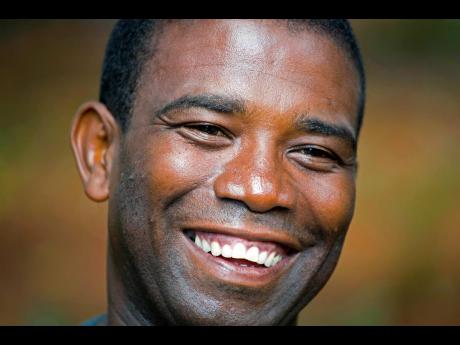Authorities question former rebel leader after US repatriated him
PORT-AU-PRINCE (AP):
The authorities in Haiti questioned former rebel leader Guy Philippe on Friday at a police station where he remained held a day after The United States repatriated him to Haiti, his lawyer said.
Philippe is a convicted money launderer who played a key role in the 2004 rebellion against former President Jean-Bertrand Aristide and also was accused of masterminding attacks on police stations and other targets.
Philippe has an outstanding warrant stemming from a 2016 fatal attack on a police station in the southern coastal city of Les Cayes, police officials told The Associated Press on Thursday, speaking on condition an anonymity because they were not authorised to speak to the media.
Philippe was being held for questioning Friday, but has not been charged and no hearing has been held, his attorney Emmanuel Jeanty told the AP. The attorney said he would be visiting Philippe again on Friday to try to secure his release.
The former rebel leader once served as police chief for the northern coastal city of Cap-Haitien and had been recently elected to Haiti’s Senate when local authorities arrested him in Haiti in January 2017 while he participated in a live radio talk show.
He was extradited to the US, where he was sentenced to nine years in prison after pleading guilty to a money laundering charge. Authorities had said he used his high-ranking position within Haiti’s National Police to provide protection for drug shipments in exchange for up to US$3.5 million in bribes.
Philippe, who has stated in recent interviews that he intends to be involved in his country’s affairs, arrived back in Haiti as it struggles with widespread gang violence and deepening political instability.
Guerline Jozef, founder of the US-based community organisation Haitian Bridge Alliance, questioned why Philippe was flown to his homeland during a time of upheaval and accused the US government in a statement Friday of being complicit “in contributing to the ongoing destabilisation” of Haiti.
A spokesperson for the US Department of Homeland Security referred questions to the US Department of State, which did not immediately respond to an email seeking comment.

